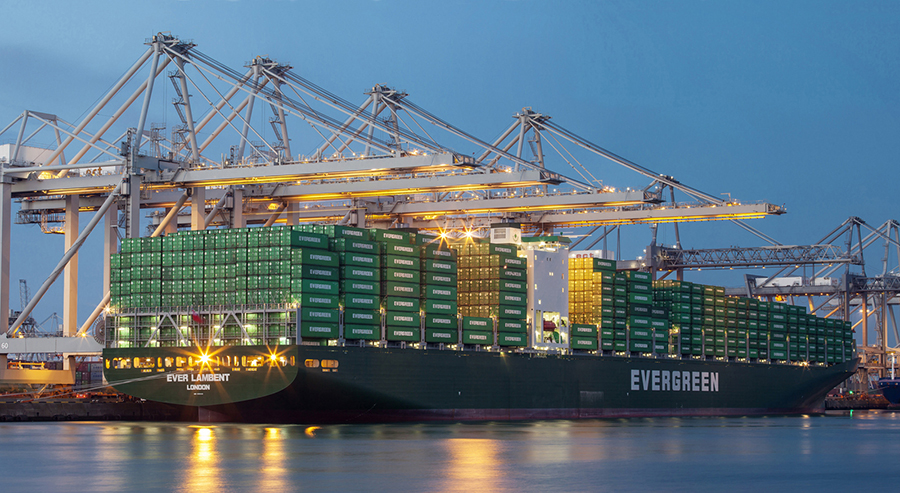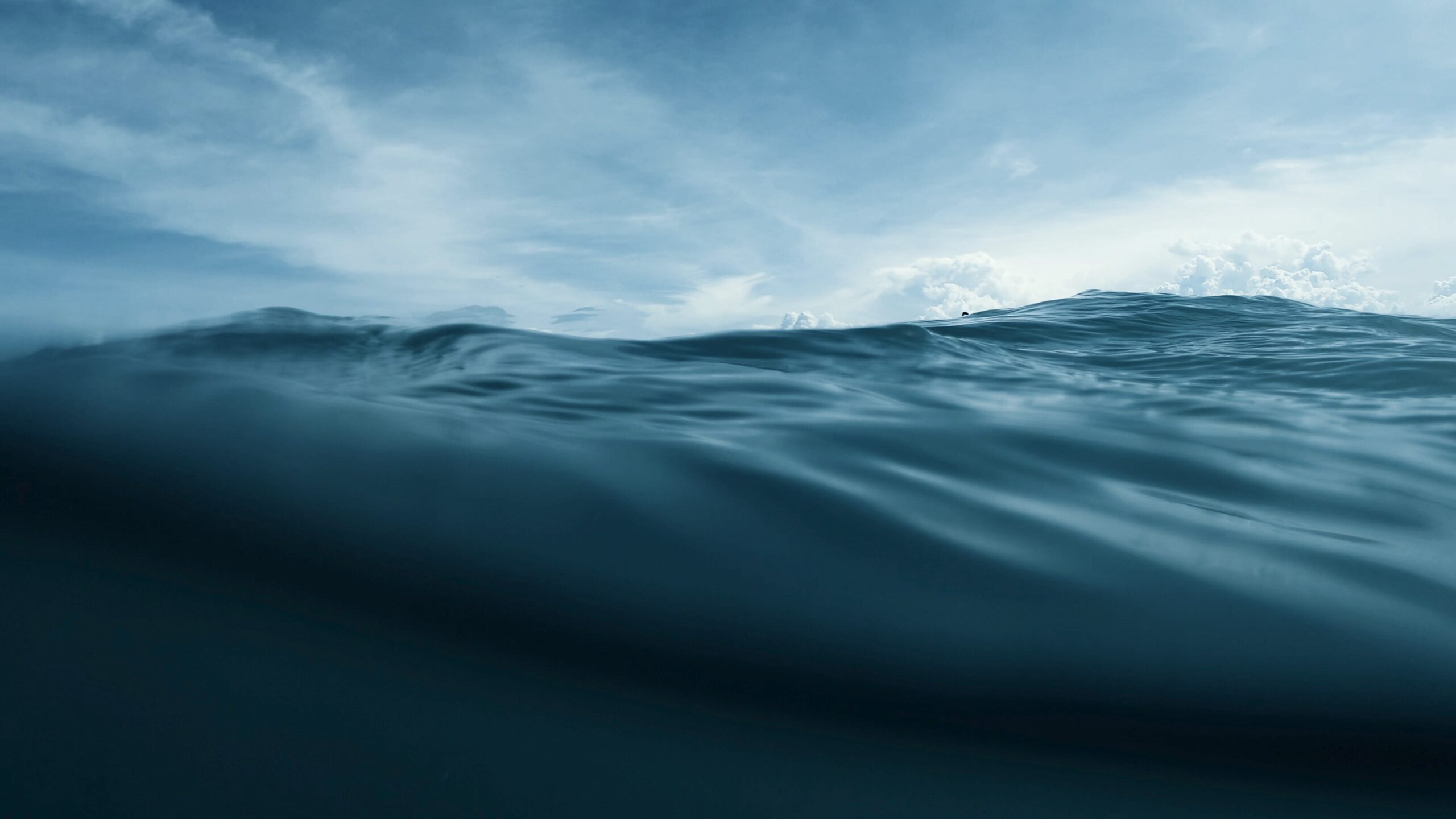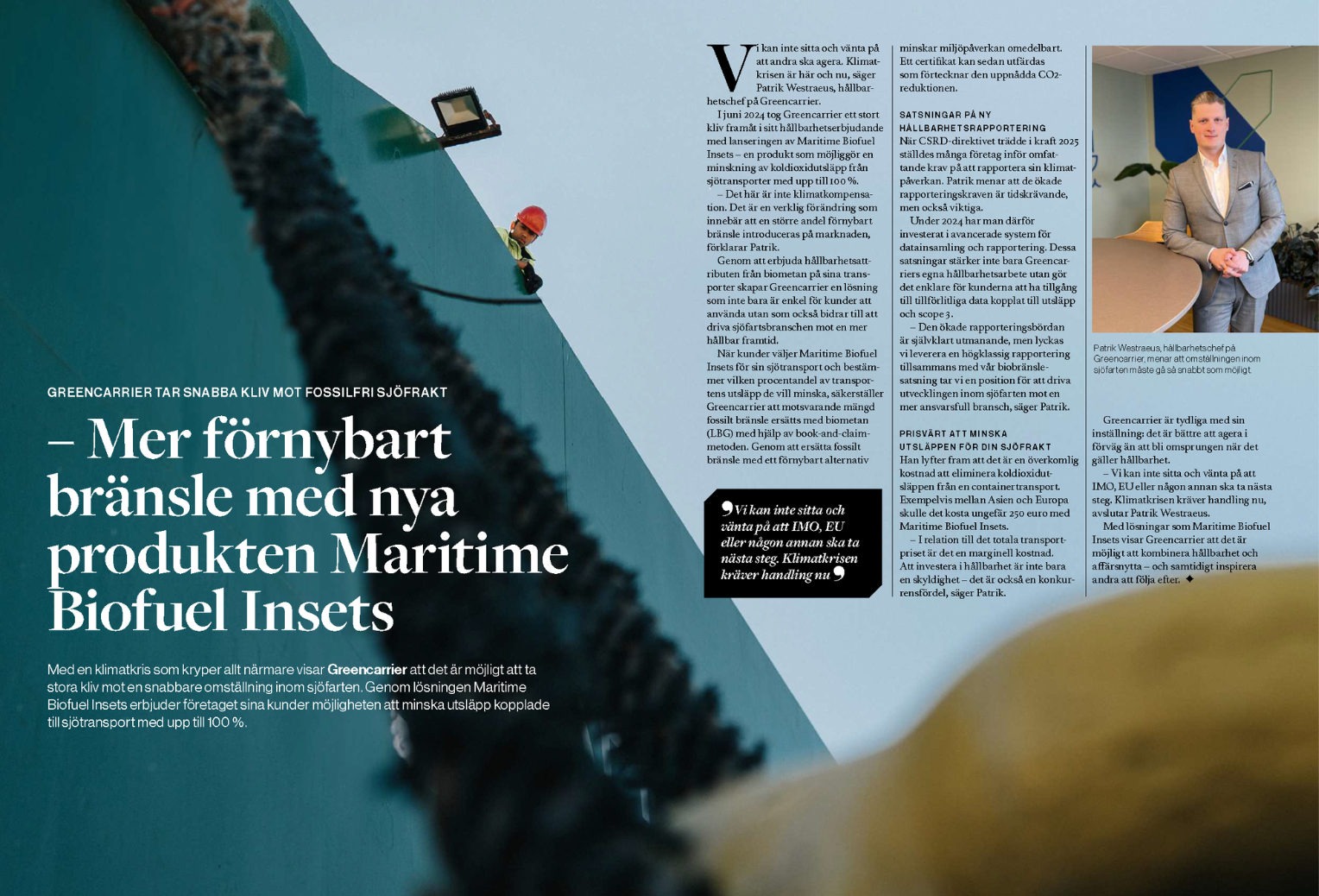Evergreen Group Chairman and founder, Dr. Chang Yung-fa, once said, “We will not wait for legislation to be introduced. We will always use the latest technology to minimise the impact of container shipping operations on the marine life, seaport communities and humanity worldwide”. These words actually became the vision of Evergreen and have been the company’s road map ever since. In this blog post, I will tell you why the environment is always on Evergreen’s agenda and what they have done to minimise the impact of their vessels.
Mankind has always depended on the oceans for survival and progress
With more than 70 percent of earth’s surface covered with water, mankind has always depended on the oceans for survival and progress. Waterborne transportation has played a central role in the pursuit of a better life with food, clothing, automobiles, computers and almost all daily consumer products delivered efficiently to all parts of the world. Civilizations have grown through economic development relying on trade. Ocean transportation has made this possible with more than 75 percent of global trade, which is more than 6.6 trillion USD of merchandise, today carried over the seas!
We want to keep the earth lush green and the sea brilliant blue
In recent years, the earth and the sea have encountered significant environmental problems, including greenhouse gas emissions, desertification, water and air pollution, ozone depletion, soil erosion and extinction of endangered species. Evergreen Line are committed to be disciplined, diligent and honest in their assessment, planning and operation. It is in line with their core values to keep the earth lush green and the sea brilliant blue. We understand that many cargo owners share our concern for the environment. Evergreen’s long-term efforts in eco-friendly operations and environmental protection have won the recognition and business support from many customers around the globe.
The importance of paying attention to ship emissions and ballast water
Emissions from maritime transports affect air quality and marine environment, posing threat to human lives, health of animals and plants, economic development and even cultural heritage. For example, sulphur dioxide emissions cause acid rain and generate fine dust, which can cause health problems.
Ballast water is carried on ships to adjust ship stability, often taken on in one region and discharged in another. Without proper treatment, it can affect the ecological balance by transferring marine organisms between ports through the ballast water exchange. Discharge of blackwater, greywater and garbage can pollute the oceans and do harm to the marine ecosystem.
What Evergreen do to minimise the environmental impact of their vessels
To deal with the issues of emissions from maritime transports and ballast water, Evergreen’s ships are equipped with various facilities for the purpose of environmental protection. Evergreen Line is committed to a policy to safeguard against all identified risks to the environment. They adopt stringent standards to prevent pollution from spillage and illegal discharge of oil, illegal disposal of garbage and any harmful substance, and by maintaining emissions to a minimum. The vessel crew is well trained and required to comply with applicable international safety and pollution prevention laws and regulations regarding air, water and environment in general; and any other requirements to which we subscribe.
Evergreen perform strict controls of shipboard operations to reduce pollution to the sea, air and land. Ships’ waste, discharge and emissions are closely monitored by shore-based staff. Standard Operational Procedures are in place for sulphur and nitrogen oxides emission controls, ballast management, sewage management, garbage management, oil pollution prevention and leakage prevention of refrigerant.
In addition, they have installed a state-of-the-art computer-based weather routing system developed by a professional weather consultant on the vessels to optimise the voyage plan in a timely manner and reduce carbon dioxide emissions. Every Evergreen Line vessel is equipped with the class-approved computer-based cargo loading system to adjust the trim, draft and hull strength, ensuring the ship’s energy efficiency and safety at all times. Shipboard data, such as oil consumption rate, voyage condition, tank condition and loading condition and other data can be transferred through satellite communications to the office for analysis on a daily basis. Evergreen has also reduced the vessel speed and carry minimum ballast water onboard to reduce the fuel consumption and improve energy efficiency.
Now you have learnt something about what Evergreen Line do to minimise the impact of their vessels.





